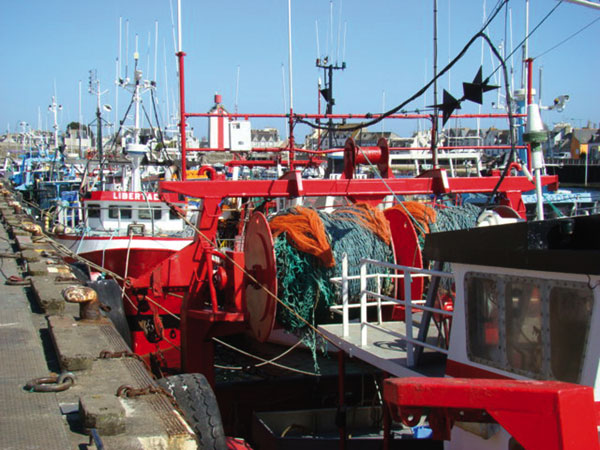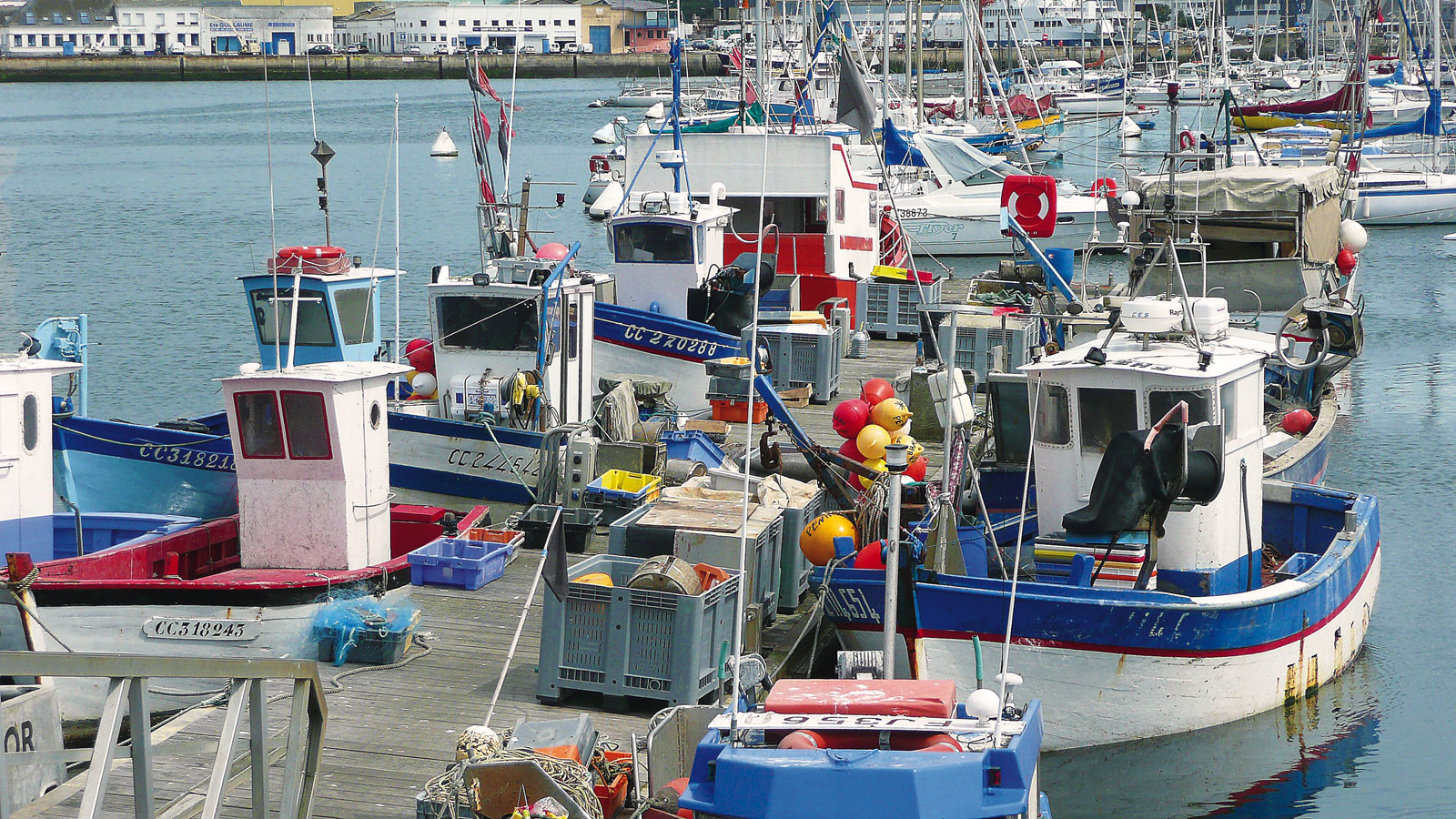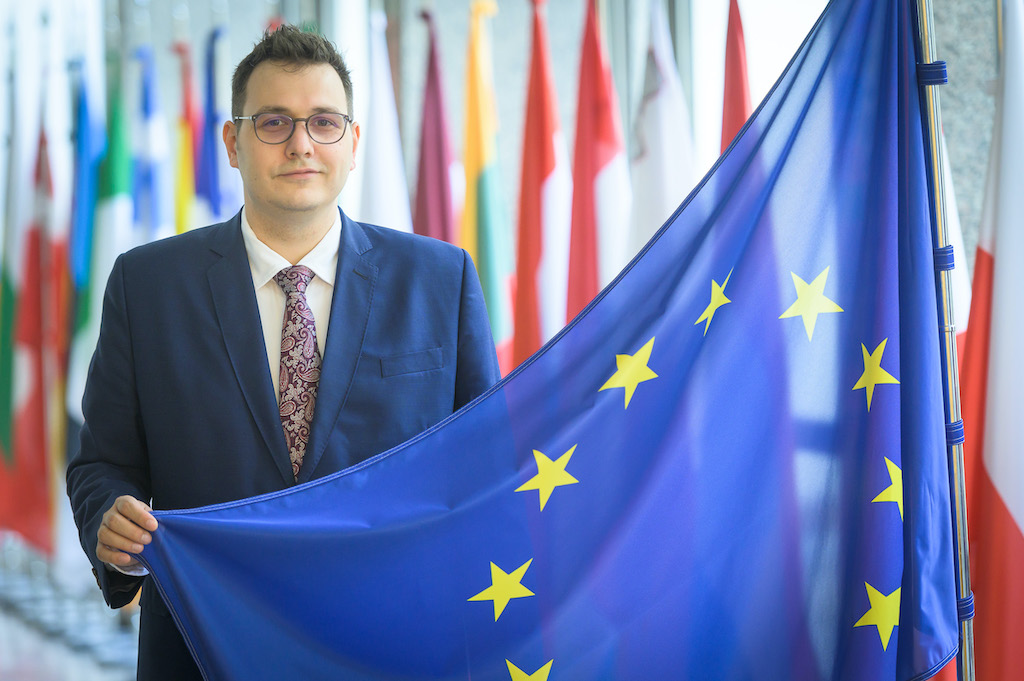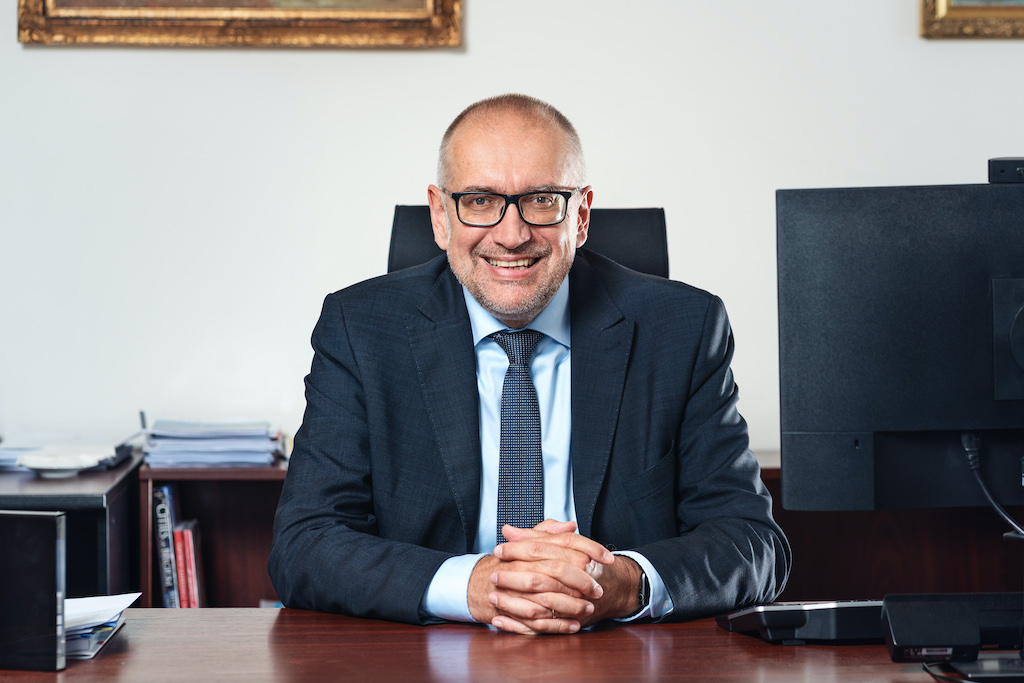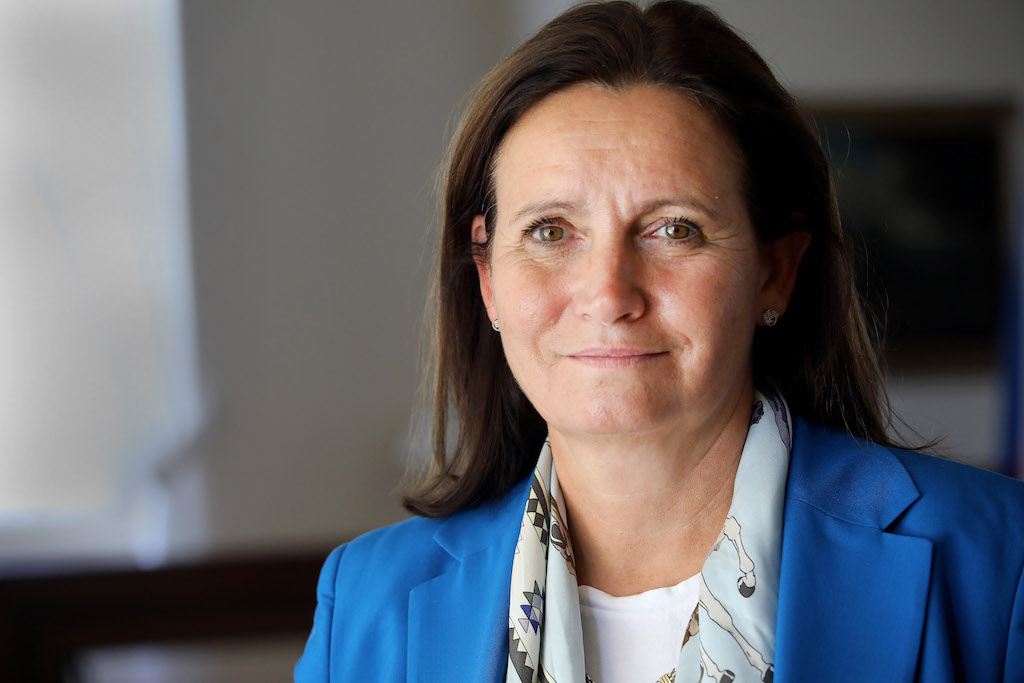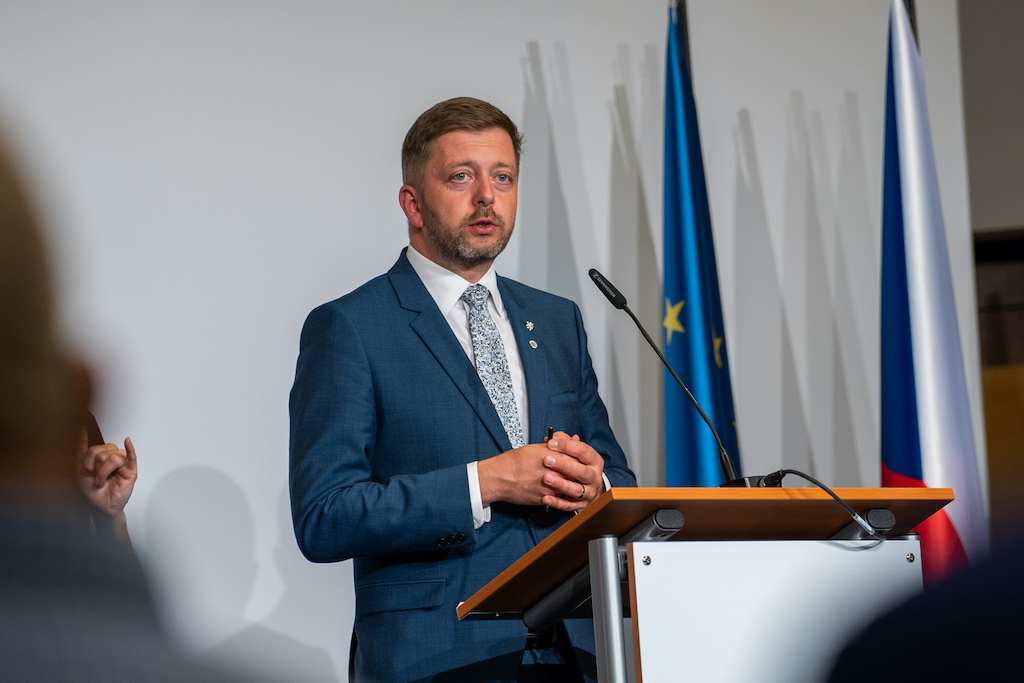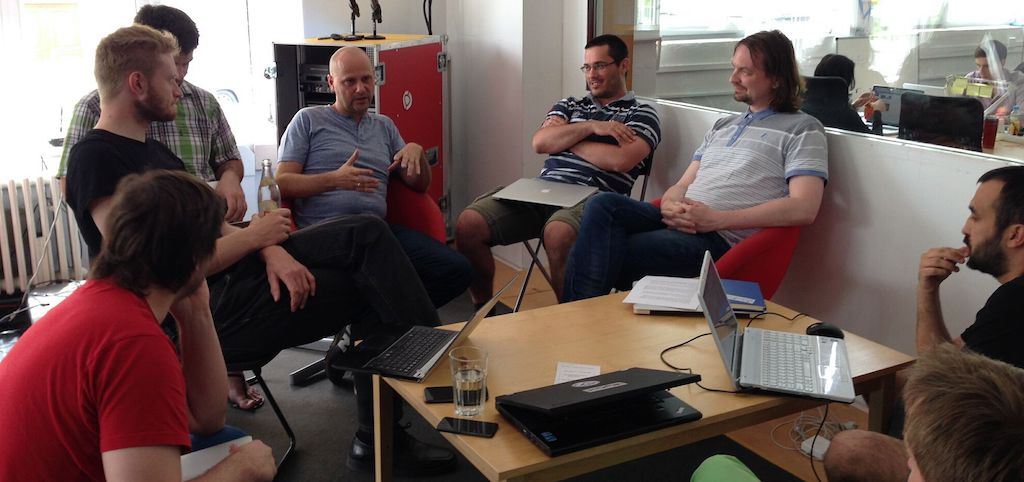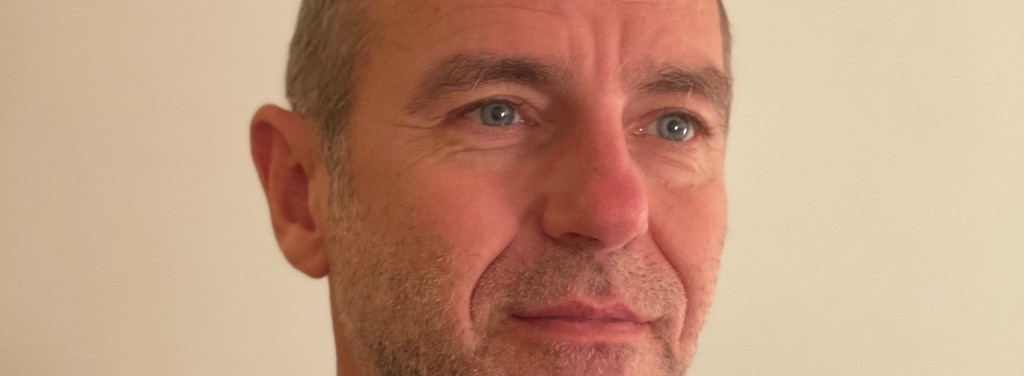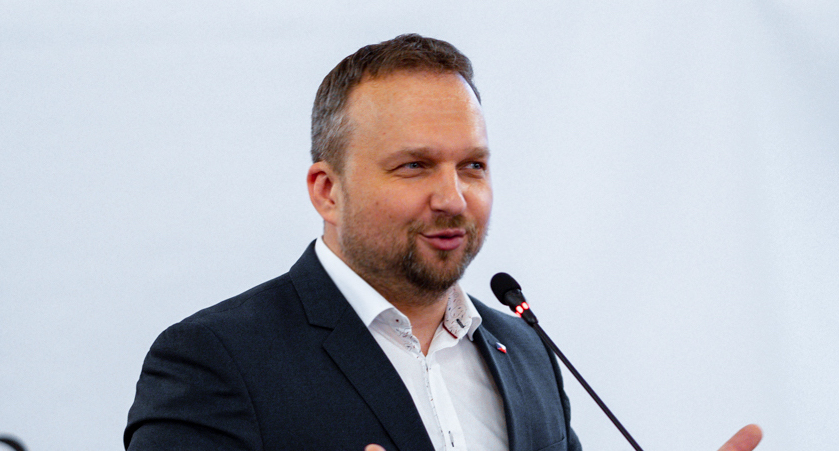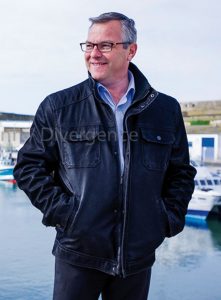 JGDE. Maritime and marine fisheries are historical and emblematic pillars of the Breton economy. Can you give us some figures to show what this industry represents today?
JGDE. Maritime and marine fisheries are historical and emblematic pillars of the Breton economy. Can you give us some figures to show what this industry represents today?
Olivier Le Nezet. The Breton professional fishery represents 5,000 professionals, from the fishing to the sea fishing, and 1,200 vessels. This makes it the first French fishing area.
Beyond the economic performances, with a production of around 500 M€, it is a vital sector for the coastal economy of Bretagne and one of the cultural and tourist showcases of our region.
JGDE. You preside over the Regional Committee for Marine Fisheries and Marine Breeding in Bretagne. What are its missions?
OLN. The CRPMEM de Bretagne is a professional body created by law. It represents the interests of the sector, and the elected representatives of the profession who sit on its board have real powers in the management of fishery resources in the coastal strip. Their decisions are binding on the profession as a whole. The committee is actively involved in the development of sustainable fisheries and the protection of coastal and marine environment. It is also involved in maritime vocational training and the promotion of safety at sea.
JGDE. You regularly insist on the protection of the environment because fishermen are often on the front line to observe the evolution of the marine environment and participate in its preservation. What are your actions in this area?
OLN. We are very committed to the marine and coastal environment and we are committed to a clean, healthy and productive environment. The quality of water and of the environment in general favours the development of fishery resources exploited by fishermen. For this reason, CRPMEM operates on a Natura 2000 site in Finistère, is a member of the Iroise Marine Nature Park Management Board and works in partnership with the French Agency for Biodiversity on «Fisheries» risk analysis, the equivalent of the Natura 2000 fisheries impact assessments.
While CRPMEM works for the sustainable development of fisheries, it is opposed to any form of punitive ecology or to environmental measures that are not concerted or decided without objective expertise. We believe that the protection of the environment should not be based on a logic that excludes fishermen a priori but on the contrary by giving them the means to ensure compatibility between the production of quality natural resources and the preservation of the environment. Our recent experiments in this direction have demonstrated the effectiveness of this pragmatic management of the marine environment.
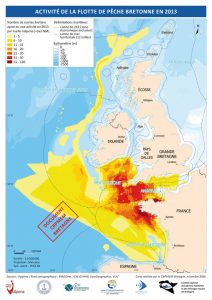 JGDE. You also work a lot with the world of research. Can you give us some examples of projects that you are working on?
JGDE. You also work a lot with the world of research. Can you give us some examples of projects that you are working on?
OLN. With the Association Littoral Atlantique Atlantique (AGLIA), the Breton fisheries committees have launched an extensive program of studies on the effects of dredges on the banks of Maerl. The scientific interlocutor is the University of Western Brittany (DECIDER program).
Our colleagues on the Finistère committee launched a vast program of restoration of the stock of red lobsters with IFREMER several years ago. Another is under way to study the stock of shells in the Baie de Saint-Brieuc with the Côtes d’Armor Committee. The CRPMEM is also very invested in the management of the resource in wild algae present on our coasts. Two biomass assessment programs are currently being carried out by the committee: SEPALG with the IFREMRR and the Concarneau Museum of Natural History, and Biomass algae with the Roscoff biological station, Agrocampus Ouest and the Marine Nature Park, Iroise.
These are examples, but there is always an ongoing program or partnership with one or more scientific bodies. On a daily basis, the Breton committees work with these organizations to manage many stocks, and IFREMER is always invited to our meetings.
JGDE. It seems that you are also involved in the development of renewable marine energies (EMR). How do you position yourself in relation to this new activity?
OLN. Quite honestly, the development of TRAs may prove to be a constraint on fishing, especially as maritime areas are increasingly coveted by a large number of other activities: aggregate extractions, discharges of dredged vats ports, maritime traffic, submarine cable laying, consequences of BREXIT, etc.But Bretagne is a region with an energy deficit. It has proved difficult for CRPMEM to hinder the development of clean energy. On the other hand, the Breton committees are demanding on the choice of sites for wind farms and have always asked for them to be installed in the less restrictive sectors for fishing and taking into account the constraints linked to other activities. This must be achieved through increased consultation and real consideration of fisheries constraints, and this is the earliest stage of EMR development projects.
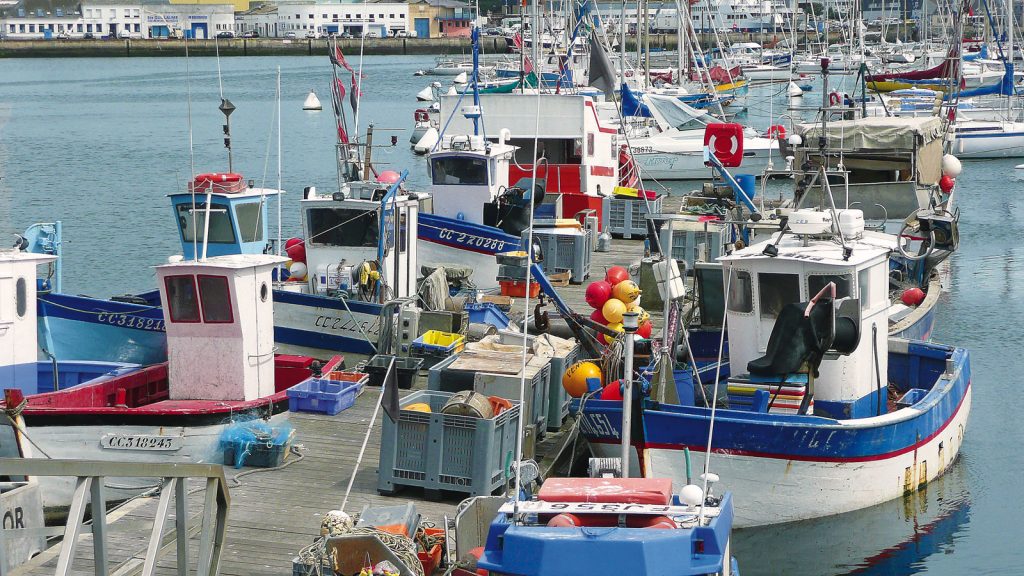
JGDE. Framework Directive on the Strategy for the Marine Environment, Community funding: the European Union is an important partner for the sectors you represent…
OLN. Yes, several directives have, in recent years, accelerated the movement towards maritime spatial planning. The CRPMEM is vigilant on their implementation: on the one hand to ensure a good balance between preservation of the environment and sustainable economic development and on the other hand so that the fishery does not become the variable of adjustment of this policy. The trap, for fishing, would be to find itself frozen forever on maps: it is not possible in a constantly changing environment that is the sea.
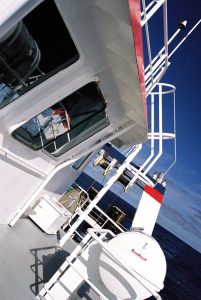 JGDE. What are Bretagne’s assets to remain among the region’s leading regions and what recommendations do you recommend to ensure the sustainability and development of your sectors?
JGDE. What are Bretagne’s assets to remain among the region’s leading regions and what recommendations do you recommend to ensure the sustainability and development of your sectors?
OLN. Apart from its economic weight and its cultural attachment, Breton fishing has the chance to be diversified and versatile. Even though the fleet has been singularly reduced, it has always been able to adapt to meet the challenges. It has large quotas and a presence in many sectors. That is why Bretagne is at the forefront on the issue of BREXIT and its potential consequences on fisheries.
The fishermen’s owners are now full-fledged entrepreneurs, their vision has evolved considerably from previous generations. The CRPMEM considers that the state of fish stocks, in marked increase, encourages optimism. Breton fishing will ensure the renewal of ships and seafarers in order to maintain its place. This requires a high level of innovation and training. But also by giving more visibility to entrepreneurs, both on the availability of fishing capacities (gauge, power, quotas) and on the financing conditions of the projects. To achieve this, investors must be given confidence.
JGDE. How do you imagine the future of fishing?
OLN. I think fishing has a future and it can be thriving. It is necessary that the European authorities accompany the changes and transitions (ecological, energy, economic) without losing sight of the fact that at the heart of this sector there are women and men who go to sea to feed the populations. It is on this condition that the sailors will regain confidence in Europe in which they have placed a lot of hope, and that a new BREXIT will be avoided.
